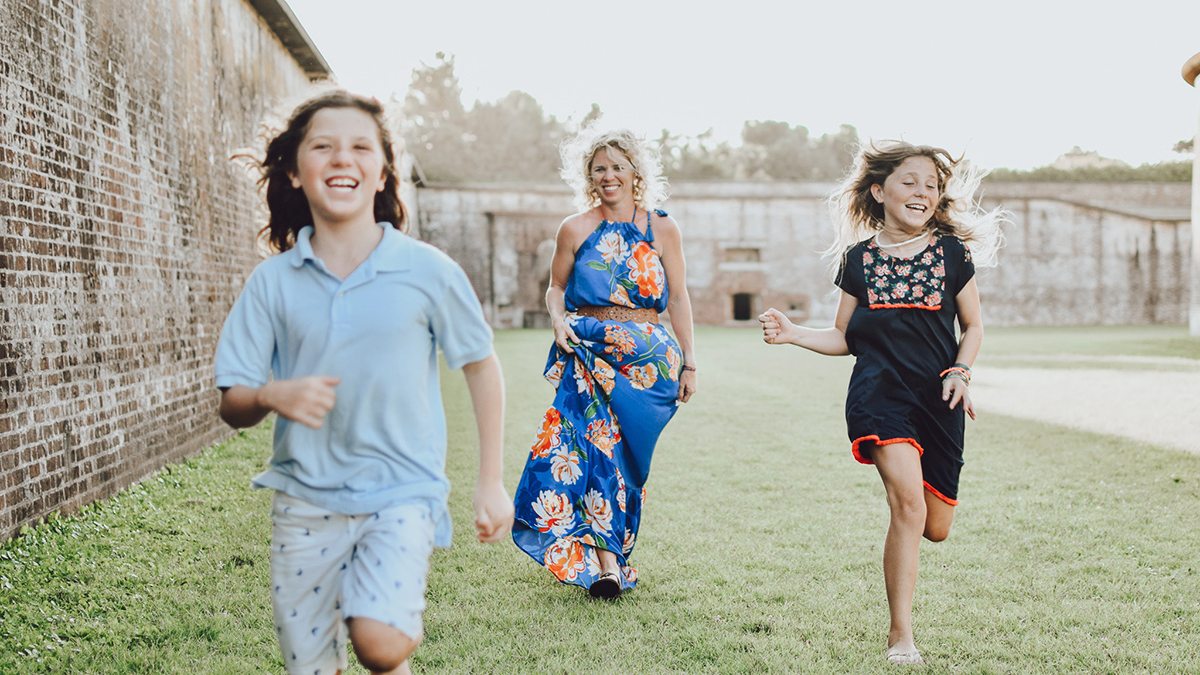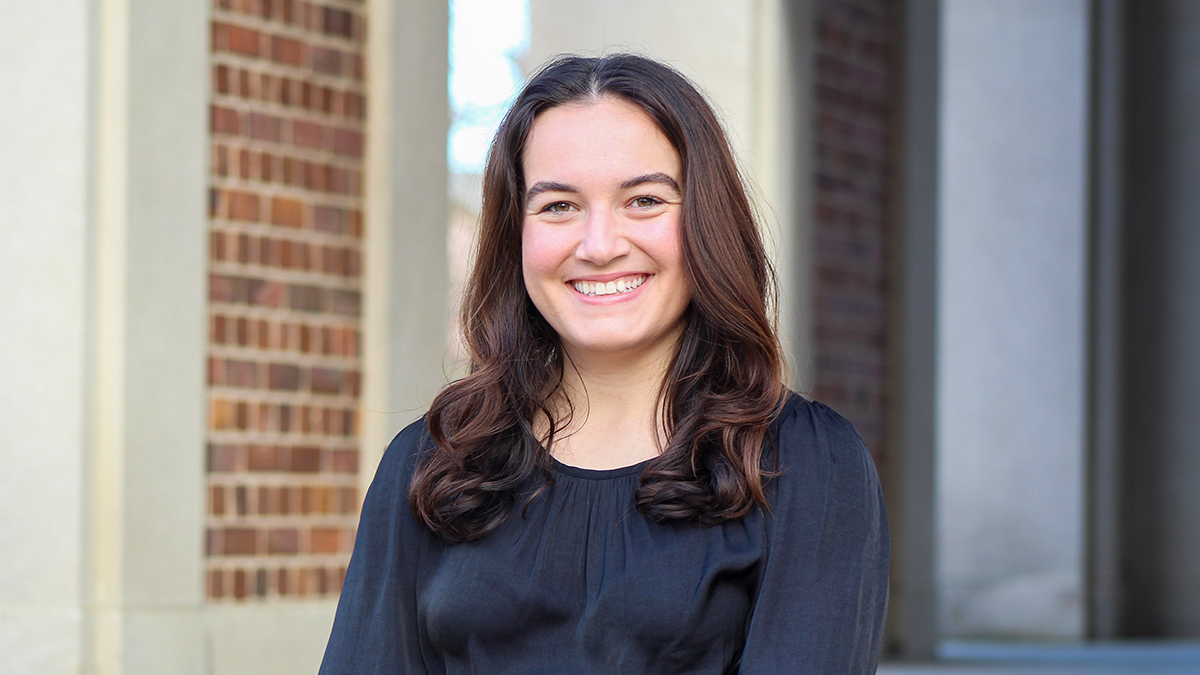A day in the life of a Tar Heel nurse
A first-year doctoral student at the UNC School of Nursing, Becky Hoover is working nightshifts at UNC Hospitals during the COVID-19 pandemic while juggling her nursing program and managing her family life.

To aid Carolina’s health care providers during the COVID-19 pandemic, Hoover is working overtime night shifts as a bedside oncology nurse at UNC Hospitals.
Here is a snapshot of a recent day in her life while she treats patients, keeps up with the work of a demanding nursing program and manages her family from afar.
6 a.m. I wake up for the day, unsure of the new restrictions in the world, country, state, county and at UNC Hospitals. I spend a few quiet minutes being thankful for what I have and start to prep for the day ahead.
9:30 a.m. I FaceTime my kids, 12 and 10. As a single parent, I made the difficult decision to send them to my parents’ house at the beginning of the pandemic, not realizing we would be separated for several weeks, and that I would miss their birthdays. We chat about their night, what they had for breakfast and what they have planned for the day. Later, we’ll go online to play a game together. Gone are the times of asking when I will be able to see them – it brings us all to tears.
10 a.m. I log in to Zoom for class and homework. There is always the underlying tone of stress in everyone’s voices and demeanors. After, I read journal articles for school outside to get some sunshine and fresh air, making sure I’m well separated from other people and carrying my hand sanitizer. I then check the prediction models for North Carolina to see the new numbers of cases and deaths, and when they think we will peak.
2 p.m. I take a nap before night shift. Sleeping well during the day is hard, so I use an eye mask, earplugs and melatonin. It’s getting harder to settle the mind knowing the unknown awaits at the other end, but I have to be well-rested to serve my patients and colleagues.
5:15 p.m. I like to run before work. It puts me in a good headspace, which is important right now. I have to remember to not push crosswalk buttons, keep 6 feet from others and wash up as soon as I get in the door.
6:54 p.m. It’s time for night shift. I report to work, submit to my health check to make sure my temperature is normal, and I have no symptoms. I get my sticker showing that I have been cleared for work that shift and my surgical mask, which I will be using for the next five shifts.
7 p.m. I have a possible COVID patient. I get trained on the proper PPE I need to use when caring for this patient – a gown, gloves, N95 mask, face shield and eye protection – and consult with the infectious disease team about my risk of infection. I commiserate with a fellow nurse on our feelings of isolation, and how we’re handling it. I’ll be the only person caring for the patient for the entire shift so we don’t create new possible points of infection.
9 p.m. I FaceTime with my kids to say goodnight.
11 p.m. My patient is negative for COVID-19! I text the day nurse to let her know.
1 a.m. We have a new admission, and everyone is tired and stressed out. A coworker takes this one. Most of the night is quiet, so we aim for our patients to have as much sleep as possible so they can heal.
7 a.m. I let out a huge sigh of relief as the day nurses file in and the night shifters know we are off for a bit, and that we survived. I talk to the day nurse, and we’re grateful that our patient was COVID-negative, and that we didn’t infect any of the others in the hospital. It’s time to get home, take a shower and go to bed.
10 a.m. The coworker who took our new admission overnight calls – her patient is, indeed, COVID-positive, and because my coworker had contact with the patient, she is now on a 14-day quarantine. Now, we’ll hope and pray that she has not been infected.




